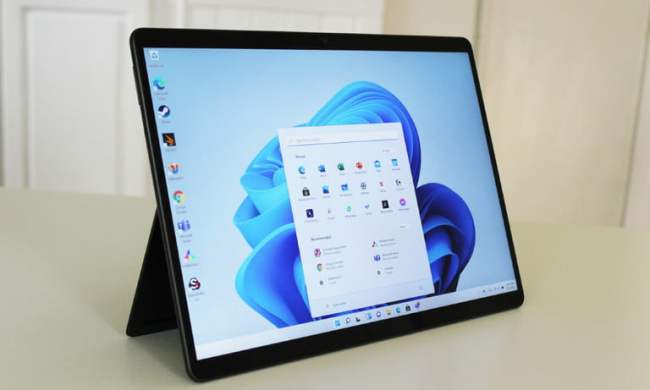
Chipmaking giant Intel posted financial results for its second fiscal quarter of 2011, showing double-digit growth across all its business segments and revenue of some $13 billion dollars. The company pulled in some $3.9 billion in operating profit, and while that’s a slight increase over the same quarter a year ago, the company also saw its gross margins contract by 6.6 percent. Intel’s revenue success was largely based on broad adoption of its Sandy Bridge line of CPUs—after a recall stung the company’s balance sheet earlier this year—as well as strong sales to enterprise and emerging markets.
“We achieved a significant new milestone in the second quarter, surpassing $13 billion in revenue for the first time,” said Intel president and CEO Paul Otellini, in a statement. “Strong corporate demand for our most advanced technology, the surge of mobile devices and Internet traffic fueling data center growth, and the rapid rise of computing in emerging markets drove record results.”
However, Intel is already facing questions about how it will deal with tablets and other devices based on ARM processors running Microsoft’s forthcoming Windows 8 operating system. Apple’s iPad—which sold a staggering 9.25 million in the last quarter alone—is based on an ARM architecture, and industry watchers believe ARM-based designs will be very competitive for tablets and lightweight notebook computers running Windows 8—ARM delivers enough performance for everyday computing, and is very battery-friendly, making it an appealing choice for tablets and portable devices.
In Intel’s earning call’ Otellini said Intel aims to be “hyper-competitive” with ARM on the WIndows 8 mobile and portable device front. Industry watchers note that Intel has been steadily refining its Atom-based offering to aim at portable devices—although the company has attempted to enter the smartphone market for years…and consistently failed. Otellini also hinted Windows 8 users may be dissatisfied with ARM-based devices, noting Intel processors will have an edge in terms of backward compatibility. Otellini’s comments echo controversial remarks from the head of Intel’s software business unit last May that ARM-based devices wouldn’t run existing Windows software. Microsoft characterized the statement as “factually inaccurate” without actually saying ARM-based devices running Windows 8 would be able to run existing Windows software.
Industry analysis firm IHS recent forecast that nearly a quarter of all notebook PCs shipped in 2015 will use ARM processors.


